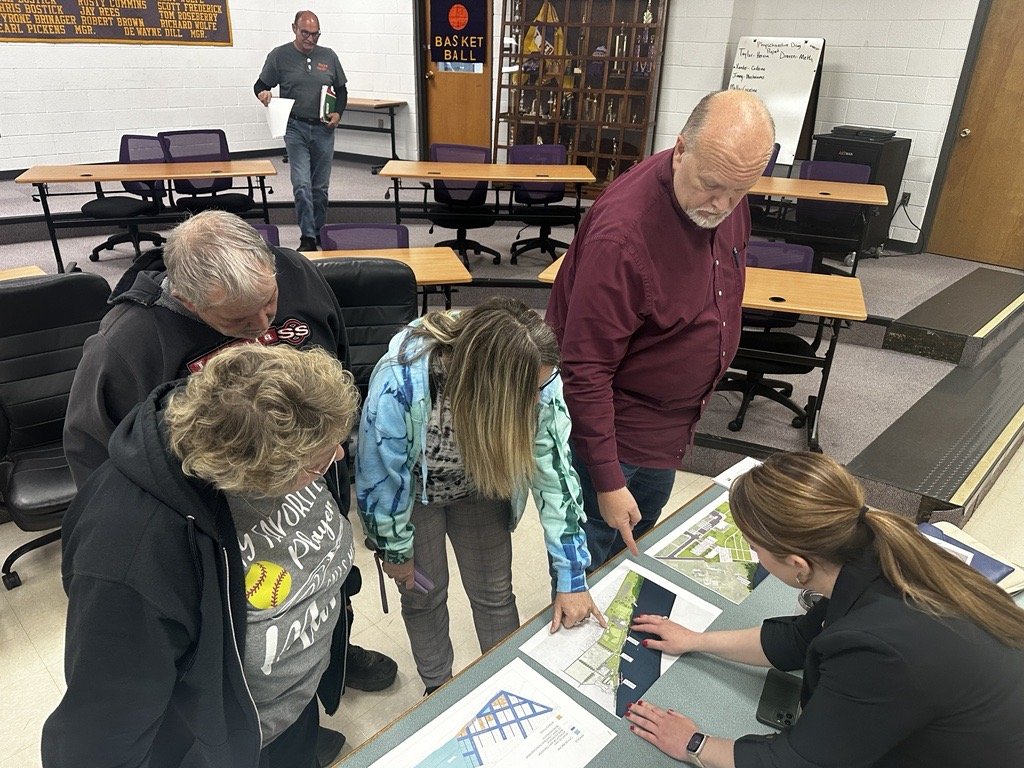
VILLAGE OF RACINE
DOWNTOWN REDEVELOPMENT PLAN
Following our firm’s role in project managing the Appalachian Community Grant Program and Racine’s $10 million award, Neighborhood Strategies was commissioned by the Village’s mayor to develop a Downtown Redevelopment Plan. The Plan focuses on connecting downtown to the transformed Ohio Riverfront, encouraging economic growth through historic building reuse and placemaking, and addressing infrastructure upgrades, zoning recommendations, and business attraction strategies to create a vibrant entertainment district.
MEIGS COUNTY, OH
2023 - Present
SERVICES
Planning
Economic Development
Historic Preservation
Project Management
Public & Stakeholder Engagement
>>> REVITALIZING DOWNTOWN RACINE through a vibrant ENTERTAINMENT DISTRICT
The Downtown Redevelopment Plan focuses on transforming Racine’s downtown area, including the ACGP-funded transformation of the Ohio River riverfront. The final plan will focus on connecting the Village to the enhanced riverfront, inviting economic development through repurposing historic buildings and empty lots, suggesting zoning, developing an amenities and attractions list, establishing event programming partners, and encouraging community connectivity through placemaking.
>>> ENGAGING THE COMMUNITY TO Reflect their vision
A key element of the Downtown Redevelopment Plan is ensuring the community’s vision is at the forefront by actively involving stakeholders. This process began with a historical review of Racine and gathering input through public workshops and surveys to shape a shared community vision.
>>> ADDRESSING INFRASTRUCTURE IMPROVEMENTS & ECONOMIC STRATEGIES
The Downtown Redevelopment Plan will address physical infrastructure improvements including the need for traffic studies, road and utility upgrades, green spaces, and waterfront-specific upgrades. Economic analysis and strategies will focus on business attraction and workforce development. Public financing mechanisms like Tax Increment Financing (TIF) and Community Reinvestment Areas (CRA) will be utilized, as well as the identification of potential funding opportunities. The project will conclude with a detailed implementation plan and ongoing monitoring and evaluation.



